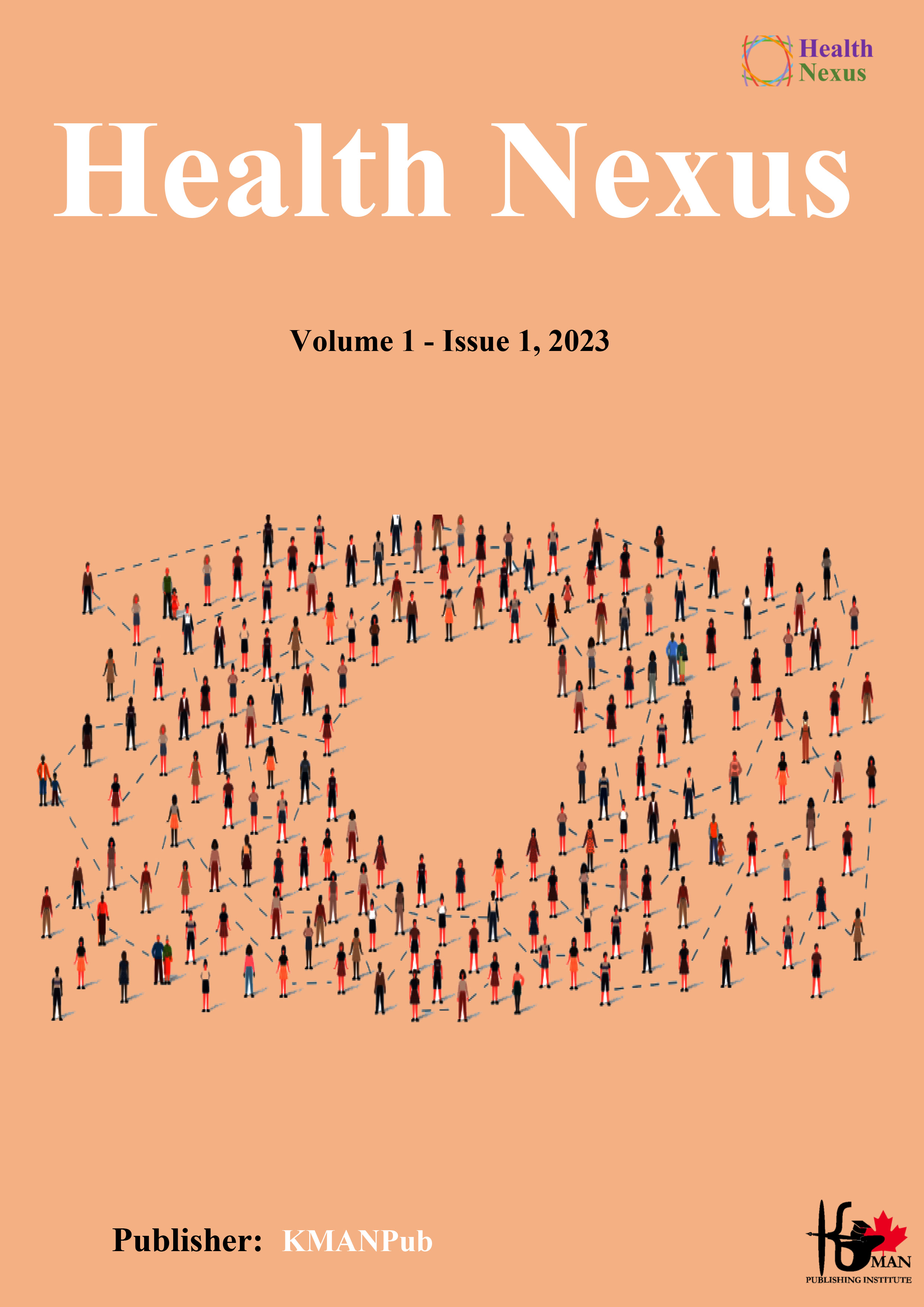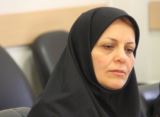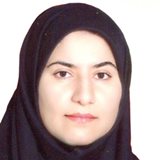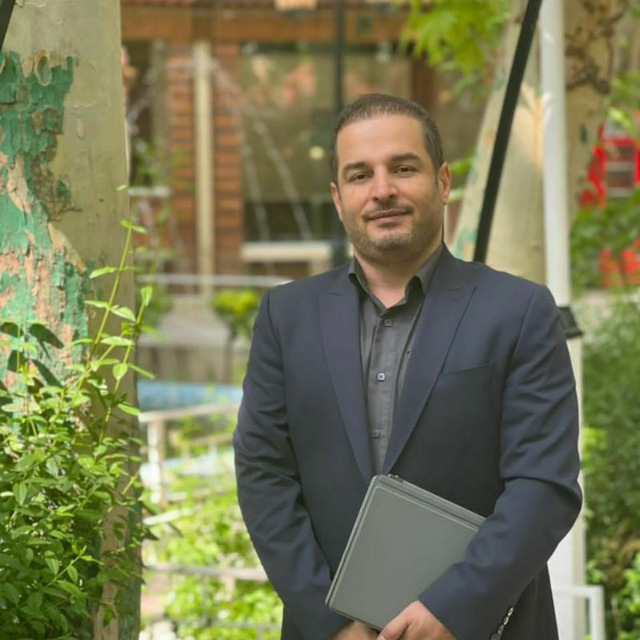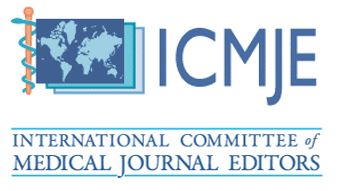The Impact of Low-Intensity Aerobic Exercise on Cognitive Performance in Female Volleyball Players Following Partial Sleep Deprivation
Abstract
Purpose: This study aimed to investigate the impact of low-intensity aerobic exercise on cognitive performance in female volleyball players following partial sleep deprivation.
Methods: A total of 21 elite female volleyball players (mean age: 23.6 ± 2.9 years; mean BMI: 19.1 ± 1.8) participated in a balanced, randomized design, undergoing two conditions: PSD and exercise in the morning following PSD (PSDE). Prior to the study, participants completed the Pittsburgh Sleep Quality Index (PSQI) to assess sleep quality. Cognitive performance was assessed using computerized neurocognitive tests from the Vienna system, including movement detection time (MDT), visual pursuit test (VPT), and cognitrone test (COG). Data analysis was performed using paired student's t-tests.
Results: The findings revealed a notable decline in reaction time (RT) (p=0.004), median cognitive reaction (MCR) (p=0.001), and median motor time (MMT) (p=0.01) in the PSD condition when compared to PSDE. However, there were no significant changes observed in processing speed (number of correct responses and rejections) and selective attention (mean time for correct responses and rejections) in the PSDE condition (p≥0.05). It is crucial to highlight that PSD had a detrimental impact on the cognitive performance of elite female players.
Conclusions: Although partial sleep deprivation negatively affected the cognitive performance of volleyball players, engaging in low-intensity aerobic exercise following partial nocturnal sleep deprivation may attenuate these detrimental effects.
Downloads
References
1. Röthlin P, Birrer D, Horvath S, Grosse Holtforth M. Psychological skills training and a mindfulness-based intervention to enhance functional athletic performance: design of a randomized controlled trial using ambulatory assessment. BMC psychology. 2016;4(1):39-. [PMID: 27457721] [PMCID: PMC4960835]. https://doi.org/10.1186/s40359-016-0147-y
2. Irandoust K, Taheri M. Effects of different daytime exercises on the quality of sleep and appetite of obese women. International Archives of Health Sciences. 2018;5(4):111-4. https://doi.org/10.4103/iahs.iahs_41_18
3. Khcharem A, Souissi M, Sahnoun Z. Effects of Repeated Low-dose Caffeine Ingestion During a Night of Total Sleep Deprivation on Physical Performance and Psychological State in Young Recreational Runners. International Journal of Sport Studies for Health. 2021;4(1). https://doi.org/10.5812/intjssh.123038
4. Taheri M, Esmaeili A, Irandoust K, Mirmoezzi M, Souissi A, Laher I, et al. Mental health, eating habits and physical activity levels of elite Iranian athletes during the COVID-19 pandemic. Science & Sports. 2023. [PMID: 37362084] [PMCID: PMC10243596]. https://doi.org/10.2147/NDT.S38905
5. Tantawy AO, Tallawy HN, Farghaly HR, Farghaly WM, Hussein AS. Impact of nocturnal sleep deprivation on declarative memory retrieval in students at an orphanage: a psychoneuroradiological study. Neuropsychiatr Dis Treat. 2013;9:403-8. [PMID: 23569380] [PMCID: PMC3616140]. https://doi.org/10.1016/j.scispo.2023.01.002
6. Alhola P, Polo-Kantola P. Sleep deprivation: Impact on cognitive performance. Neuropsychiatric disease and treatment. 2007;3(5):553-67.
7. O'Brien MJ, O'Toole RV, Newell MZ, Lydecker AD, Nascone J, Sciadini M, et al. Does sleep deprivation impair orthopaedic surgeons' cognitive and psychomotor performance? J Bone Joint Surg Am. 2012;94(21):1975-81. [PMID: 23014765] . https://doi.org/10.2106/JBJS.K.00958
8. Philip P, Sagaspe P, Taillard J, Moore N, Guilleminault C, Sanchez-Ortuno M, et al. Fatigue, sleep restriction, and performance in automobile drivers: a controlled study in a natural environment. Sleep. 2003;26(3):277-80.
9. Ma N, Dinges DF, Basner M, Rao H. How acute total sleep loss affects the attending brain: a meta-analysis of neuroimaging studies. Sleep. 2015;38(2):233-40. [PMID: 25409102] [PMCID: PMC4288604]. https://doi.org/10.5665/sleep.4404
10. Nakao M. The developing and learning brain during sleep. Sleep and Biological Rhythms. 2006;4(1):2-3. https://doi.org/10.1111/j.1479-8425.2006.00200.x
11. Chtourou H, H'mida C, Boukhris O, Trabelsi K, Ammar A, Souissi N. Nap opportunity as a strategy to improve short-term repetitive maximal performance during the 5-m shuttle run test: a brief review. International Journal of Sport Studies for Health. 2019;2(2). https://doi.org/10.5812/intjssh.97538
12. Patrick Y, Lee A, Raha O, Pillai K, Gupta S, Sethi S, et al. Effects of sleep deprivation on cognitive and physical performance in university students. Sleep and Biological Rhythms. 2017;15(3):217-25. [PMID: 28680341] [PMCID: PMC5489575]. https://doi.org/10.1007/s41105-017-0099-5
13. Cain SW, Silva EJ, Chang A-M, Ronda JM, Duffy JF. One night of sleep deprivation affects reaction time, but not interference or facilitation in a Stroop task. Brain and cognition. 2011;76(1):37-42. [PMID: 21477910] [PMCID: PMC3310176]. https://doi.org/10.1016/j.bandc.2011.03.005
14. Taheri M, Arabameri E. The effect of sleep deprivation on choice reaction time and anaerobic power of college student athletes. Asian journal of sports medicine. 2012;3(1):15. [PMID: 22461961] [PMCID: PMC3307962]. https://doi.org/10.5812/asjsm.34719
15. Wunsch K, Kasten N, Fuchs R. The effect of physical activity on sleep quality, well-being, and affect in academic stress periods. Nature and science of sleep. 2017;9:117-26. [PMID: 28490911] [PMCID: PMC5414656]. https://doi.org/10.2147/NSS.S132078
16. Dolezal BA, Neufeld EV, Boland DM, Martin JL, Cooper CB. Interrelationship between Sleep and Exercise: A Systematic Review. Advances in preventive medicine. 2017;2017:1364387-. [PMID: 28458924] [PMCID: PMC5385214]. https://doi.org/10.1155/2017/5979510
17. Field T, Diego M, Pelaez M, Deeds O, Delgado J. Breakup effects on university students' perceived academic performance. College Student Journal. 2012;46(3):615-9.
18. Vail-Smith K, Felts WM, Becker C. Relationship between sleep quality and health risk behaviors in undergraduate college students. College Student Journal. 2009;43(3):924-30.
19. Monleon C, Afif AH, Mahdavi S, Rezaei M. The acute effect of low intensity aerobic exercise on psychomotor performance of athletes with nocturnal sleep deprivation. International journal of Sport Studies for Health. 2018;1(1). https://doi.org/10.5812/intjssh.66783
20. Shmygalev S, Dagtekin O, Gerbershagen HJ, Marcus H, Jübner M, Sabatowski R, Petzke F. Assessing Cognitive and Psychomotor Performance in Patients with Fibromyalgia Syndrome. Pain and therapy. 2014;3(2):85-101. [PMID: 25344449] [PMCID: PMC4269614]. https://doi.org/10.1007/s40122-014-0028-0
21. Taheri M, Irandoust K. The effect of balance exercises and computerized cognitive training on psychomotor performance in elderly. Journal of physical therapy science. 2017;29(12):2097-9. [PMID: 29643582] [PMCID: PMC5890208]. https://doi.org/10.1589/jpts.29.2097
22. Salahuddin M, Maru TT, Kumalo A, Pandi-Perumal SR, Bahammam AS, Manzar MD. Validation of the Pittsburgh sleep quality index in community dwelling Ethiopian adults. Health and quality of life outcomes. 2017;15(1):1-7. [PMID: 28347341] [PMCID: PMC5369003]. https://doi.org/10.1186/s12955-017-0637-5
23. Raniti MB, Waloszek JM, Schwartz O, Allen NB, Trinder J. Factor structure and psychometric properties of the Pittsburgh Sleep Quality Index in community-based adolescents. Sleep. 2018;41(6):zsy066. [PMID: 29608755] https://doi.org/10.1093/sleep/zsy066
24. Roveda E, Montaruli A, Calogiuri G, Carandente F, Sciolla C, Angeli A. Effects of endurance and strength acute exercise on night sleep quality. International SportMed Journal. 2011;12(3):113-24.
25. Horne JA. Human sleep, sleep loss and behaviour: implications for the prefrontal cortex and psychiatric disorder. The British Journal of Psychiatry. 1993;162(3):413-9. [PMID: 8453439] https://doi.org/10.1192/bjp.162.3.413
26. Al Khatib H, Harding S, Darzi J, Pot G. The effects of partial sleep deprivation on energy balance: a systematic review and meta-analysis. European journal of clinical nutrition. 2017;71(5):614-24. [PMID: 27804960] https://doi.org/10.1038/ejcn.2016.201
27. Arent SM, Landers DM. Arousal, anxiety, and performance: A reexamination of the inverted-U hypothesis. Research quarterly for exercise and sport. 2003;74(4):436-44. [PMID: 14768844] https://doi.org/10.1080/02701367.2003.10609113
Downloads
Additional Files
Published
License
Copyright (c) 2023 Fariba Vaalayi (Author); Fatma Hilal Yagin (Corresponding Author); Burak Yagin, Mehmet Gulu (Author)

This work is licensed under a Creative Commons Attribution-NonCommercial 4.0 International License.

